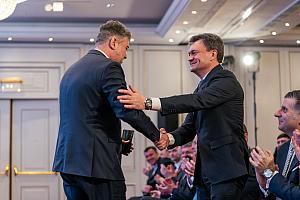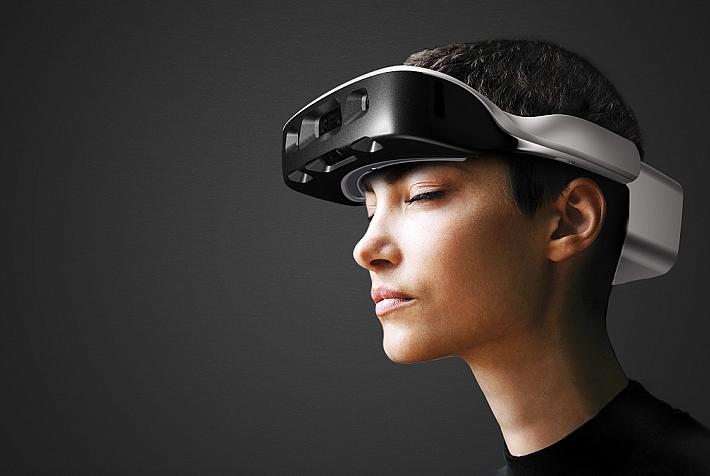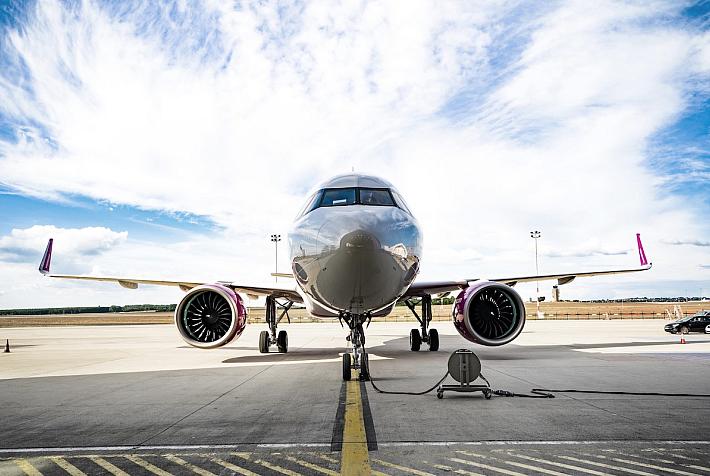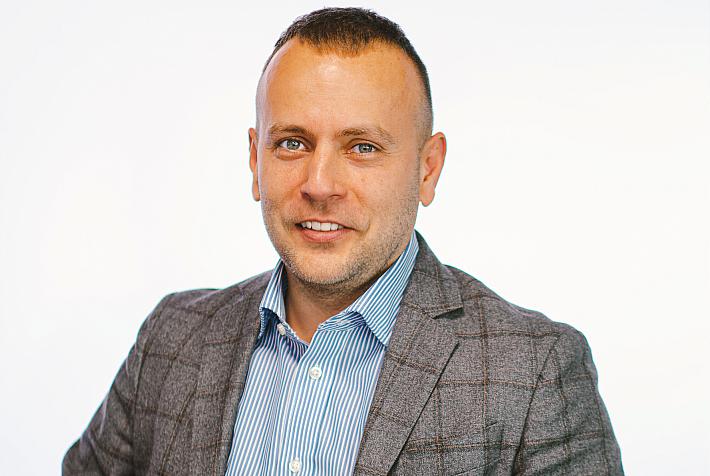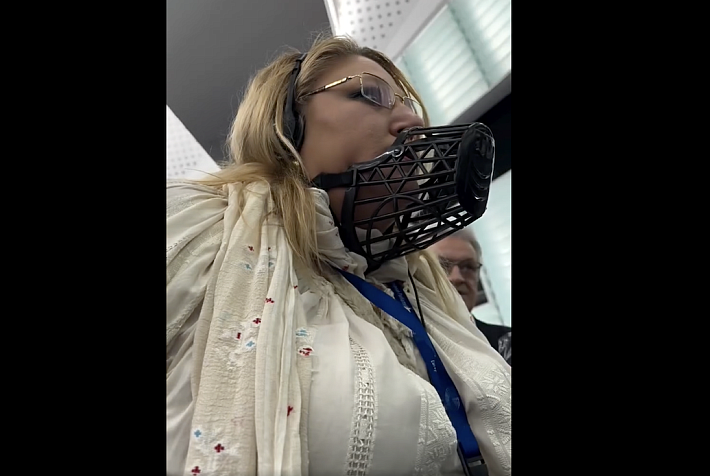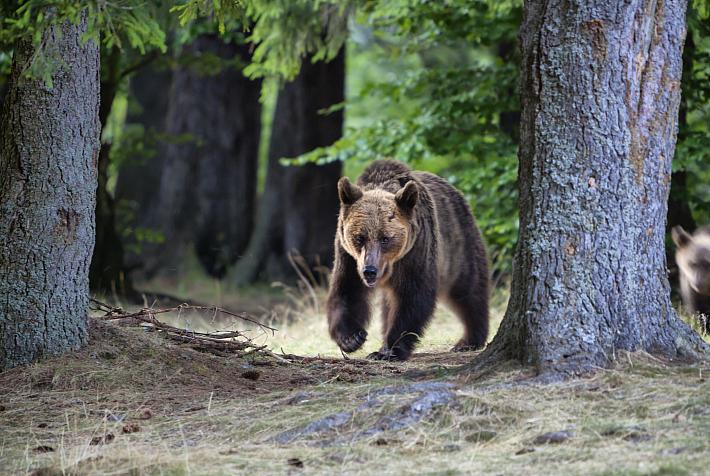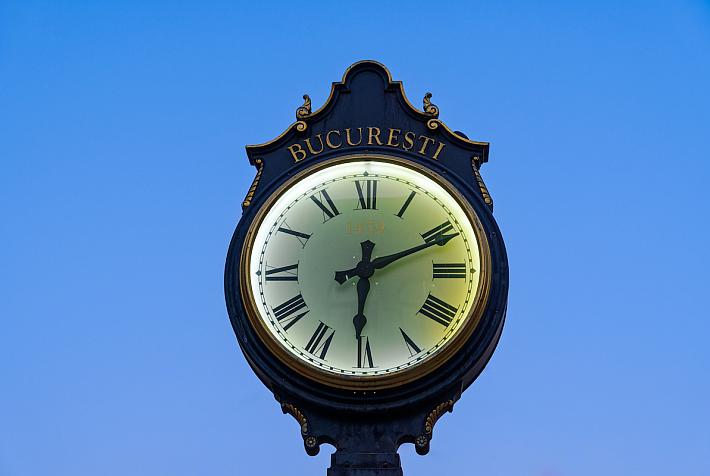Natalia Bejan, Invest Moldova: We are putting a lot of effort into ensuring investments are increasing
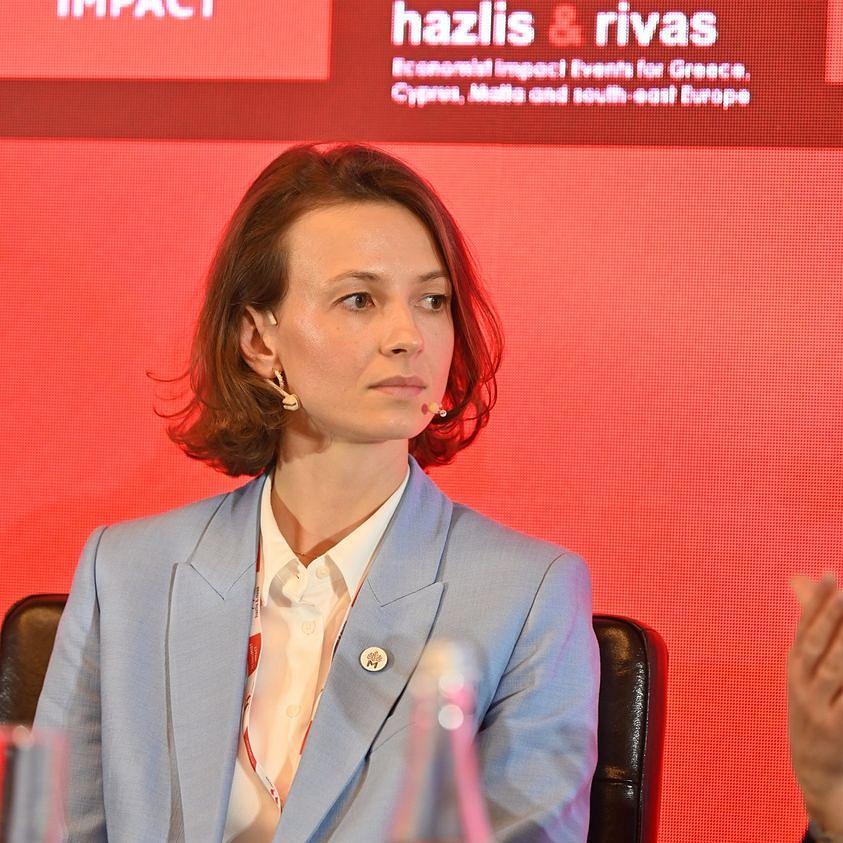
With several public infrastructure projects in the pipeline, Moldova is working to increase the investments it attracts while focusing on the investors already in the country with a dedicated aftercare program.
Eighty-seven percent of the foreign direct investments to Moldova are from EU countries, while 65% of the country's exports are going to the European Union, Natalia Bejan, the general director of Invest Moldova Agency, explains. Moldova's financial sector has the most investment historically, including from Romania, which is the country's primary export market. The country is now working to attract larger, strategic investments, which would further prove trust in the country and the region.
Recognizing the importance of developing the infrastructure needed to connect to Europe, the country has EUR 1 billion planned for the next five years to rehabilitate railways, while also looking to develop its service-based economy. Moldova may be known for its wines, but IT sales have increased ten times since 2015 and a 7% flat tax rate on company revenues supported the country's growing IT sector, Bejan explained.
Among efforts to make the processes investors have to go through as smooth as possible, digitalization takes up a prominent spot while also serving to counteract corruption. "The moment you have it online, the system is basically set to be fair and to follow a certain procedure," the director of Invest Moldova says.
More on how the country is dealing with the challenges of the region's geopolitical situation, its startup ecosystem, and the role of the EU accession in this interview recorded at the Economist Impact's Fourth Romanian Business & Investment Roundtable in Bucharest.
You've taken over as director of Invest Moldova at the end of last year. What are the priorities of your mandate?
What we've started as the number one priority is the aftercare program for the investors that are already in the Republic of Moldova. We are trying to be realistic about the geopolitical situation in the region and the fact that this might create some reticence, maybe a little hesitation from some of the new investors to enter the region. That is why, for us, it's very important to ensure that those who are already here feel appreciated, and that they have support. And we want [them] to have an assistant from our side not only to continue their investments but also to unlock any new projects that they want to do in the region.
What role does Romania play among the foreign investors in Moldova?
Romania is very important, not only for the attraction of the foreign direct investments, but also because every single investment is about creating some products and services that can be then sold somewhere. For us, Romania is one of the most important markets as a commercial partner. There is no other country in the world to which we export, not even half as much as what we export to Romania. From this perspective, it's absolutely super important.
What are some of the challenges in planning a strategy and working to attract investors when you have a conflict at the border? How do you approach that?
We are just dealing with it. The conflict at the border means just a potential security threat in the future. Right now, if you are just walking on the streets of Chisinau, it is a peaceful city. Moldova is a peaceful country. We go about our day as usual. What makes it more difficult is understanding that behind the border something is happening.
The media sometimes can inflate the situation and create more panic than is needed. With every single investor, we are tackling these issues. It's actually interesting because we do have many investors at our doors currently. Every single day in our office, we have foreign investors that by themselves are coming to Moldova.
What is helping us the most in this sense is the vision of the accession to the European Union because this is a clear statement that we want to be part of the European Union not only economically and politically but also ensure our security as a territory.
How do you expect the volume of FDI to Moldova to fare this year?
We are putting a lot of effort to ensure that investments are increasing. I can say that the investments will increase from the perspective of the infrastructure projects. Now we already have several infrastructure projects which are being led by the Government. This is a strategic governmental project - either railway or roads; we are talking about hundreds of millions of euros. These are projects that are only starting. These are not negligible, and they are going to have a huge impact on how the country looks like today and in the future.
Speaking about large direct foreign investments, what we would like to see in Moldova is strategic large investments. In the last years, we've had many but rather smaller investments of a couple of millions of euros or tens of millions of euros. The moment we will have an investor with over a hundred million euros entering the market, we will understand that there is not only financial but a credit of trust in the country and the region as well.
What are some of the facilities investors can find in Moldova?
The number one is the Moldova IT Park. For the technological companies, the companies providing services for outsourcing, this is the best fiscal opportunity on the European continent, with the 7% flat tax rate on the revenue, no other charges. This is the instrument that has helped to boost the sales of the IT system in Moldova from a hundred million euros in 2015 to over a billion euros in 2023.
Two, I would probably have to say Invest Moldova Agency because the agency exists with the scope of supporting every single strategic investor that comes into the country to answer all of their administrative, fiscal, HR, and any type of concerns the investor can have with experts from the market, that understand how the market works.
Another thing I would mention is the digitalization. We are trying to make the processes as smooth as possible for the company specifically so that they can do most of their services and activities online without interacting too much with the state.
Another thing would be how easy it is to open a company in Moldova. We've had recently in our office a Canadian investor who has been trying to open a business in one of the Asian countries. After more than two months, they hadn't managed to pass all the security checks just to register the company. In Moldova, a company can be registered within 24 hours. That's three procedures. That's what we've already settled; we know that works easily.
Regarding digitalization, are there other elements for investors?
Digitalization was done with two objectives in mind. One is to debureaucratize to ensure there are no needed processes or too many steps in one process – simplification. The second is fighting corruption - ensuring that there are no concerns about people who can intervene in the process and postpone or in any way jeopardize the activity of the company. The moment you have it online, the system is basically set to be fair and to follow a certain procedure.
Before joining Invest Moldova, you were the executive director of Startup Moldova. What would an elevator pitch for Moldova look like?
Our elevator pitch used to be that Moldova is just like any other country in terms of the value it can create.
Many of the founders in Moldova feel a bit more pessimistic and discouraged because we don't have a unicorn yet in Moldova. Romania has UiPath, which is among the first unicorns. But this doesn't mean that the quality of the pitches of our individual startups is in any way worse. This is being shown by the international competitions where our founders are participating, and they are delivering very good pitches and are very innovative in their field.
I think we are going to see a boom in the technological startup ecosystem in Moldova. It just needs a bit of time because it is at the beginning. This is something that we are just learning. Thankfully, the ecosystem in general in the world has been so advanced that there are so many examples and shortcuts that we can now apply to get the first successful cases.
What companies are attracting investments in the startup sector?
We have very different verticals of startups that are developing in Moldova and the majority of them are attracting investments from foreign markets. In Moldova, we don't yet have a venture fund, which is one of the main sources of significant investments attracted by startups. The investments into Moldovan startups are coming from the US, the Czech Republic, Romania, and Ukraine as well. Last year, we had investments from venture funds in Ukraine into Moldovan startups.
Many of the Moldovan startups are also registered abroad even though they are working mostly from Moldova - the team is based in Moldova, but in order to make the investor have easier processes, they are registering abroad and the majority of them are considered as European Union startups even though they are completely based in Moldova. [Regarding] Some of the largest investments that have been attracted, we have XOR AI, which does recruitment, artificial intelligence processes and.
Anything else that should be know about investing in Moldova?
I think I would just highlight once again how important for us is this process of aligning to the European standards, preparing for the European accession, how important is the role of Romania in helping us in this process.
This year alone, I've been three times in Romania for business purposes. Every single time, the agenda is super full. I see an unprecedented optimism and openness from the side of Romania to have us as well in the European Union. This is, I think, a relationship that is critical as well for us to feel supported and also to have the examples of how can we make it maybe shorter, better, more efficiently into the European Union. Because this is the dream that we have at this moment and the positive vision that keeps us together, composed and very sure that we are on the right path when we need the sanity, knowing again that there is a war at the border.
(Photo: Economist Impact Events for Greece, Cyprus, Malta and southeast Europe on Facebook)
simona@romania-insider.com







